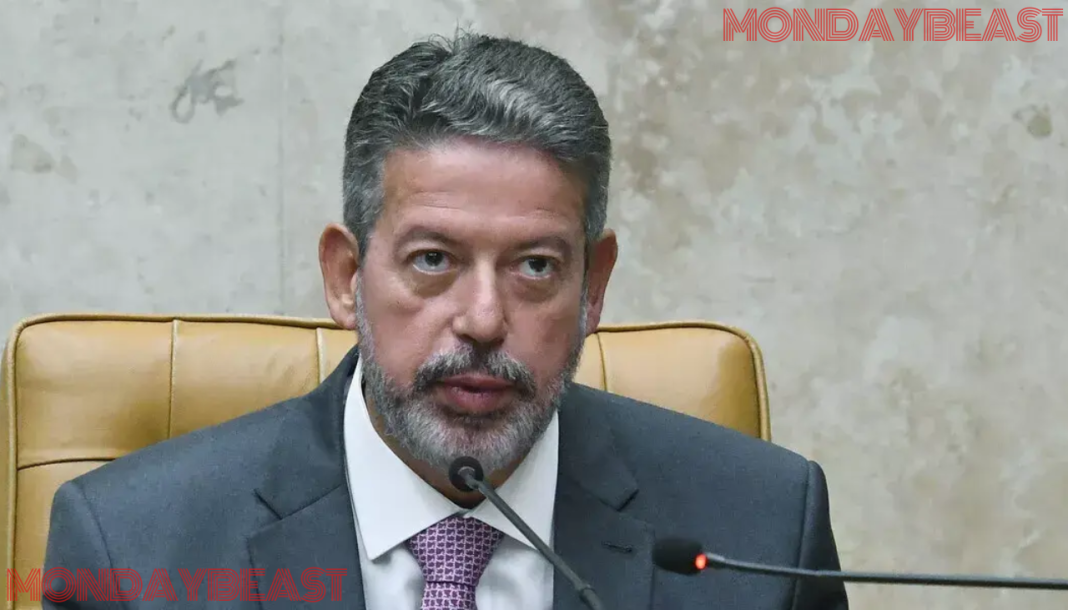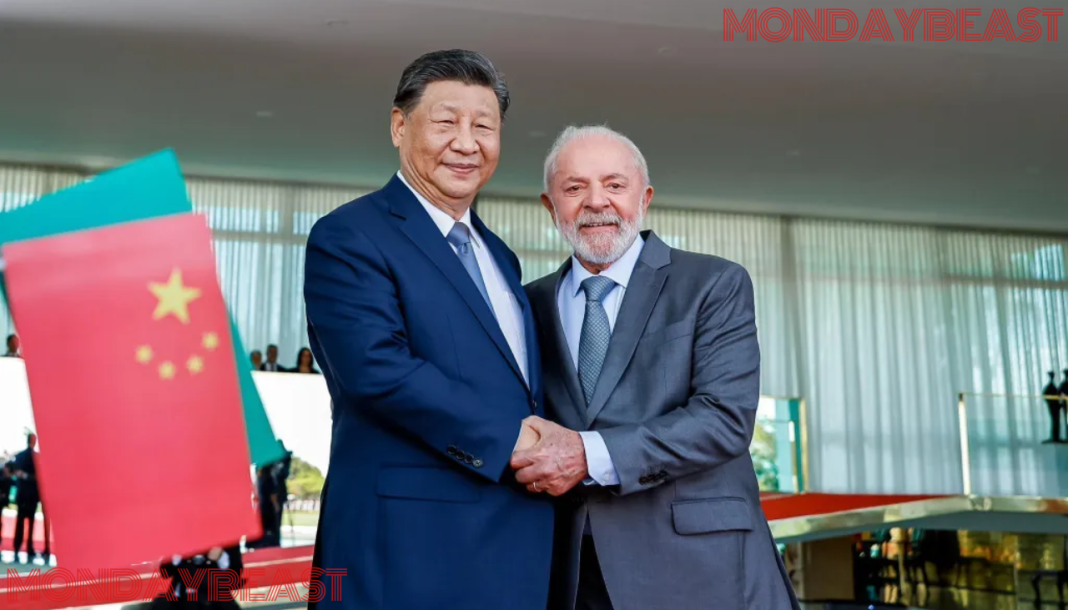In Brazil, a controversial proposal has surfaced, igniting significant debate. The PT party has urged President Arthur Lira to put an end to the amnesty project. This proposal, aimed at absolving individuals involved in the January 8th riots, has raised alarm bells across the political spectrum.
The petition highlights troubling implications from recent violent incidents. There were bomb attacks last week in the vicinity of the Esplanada dos Ministérios. According to deputies from the PT, such violence casts serious doubt on the appropriateness of the amnesty discussion.
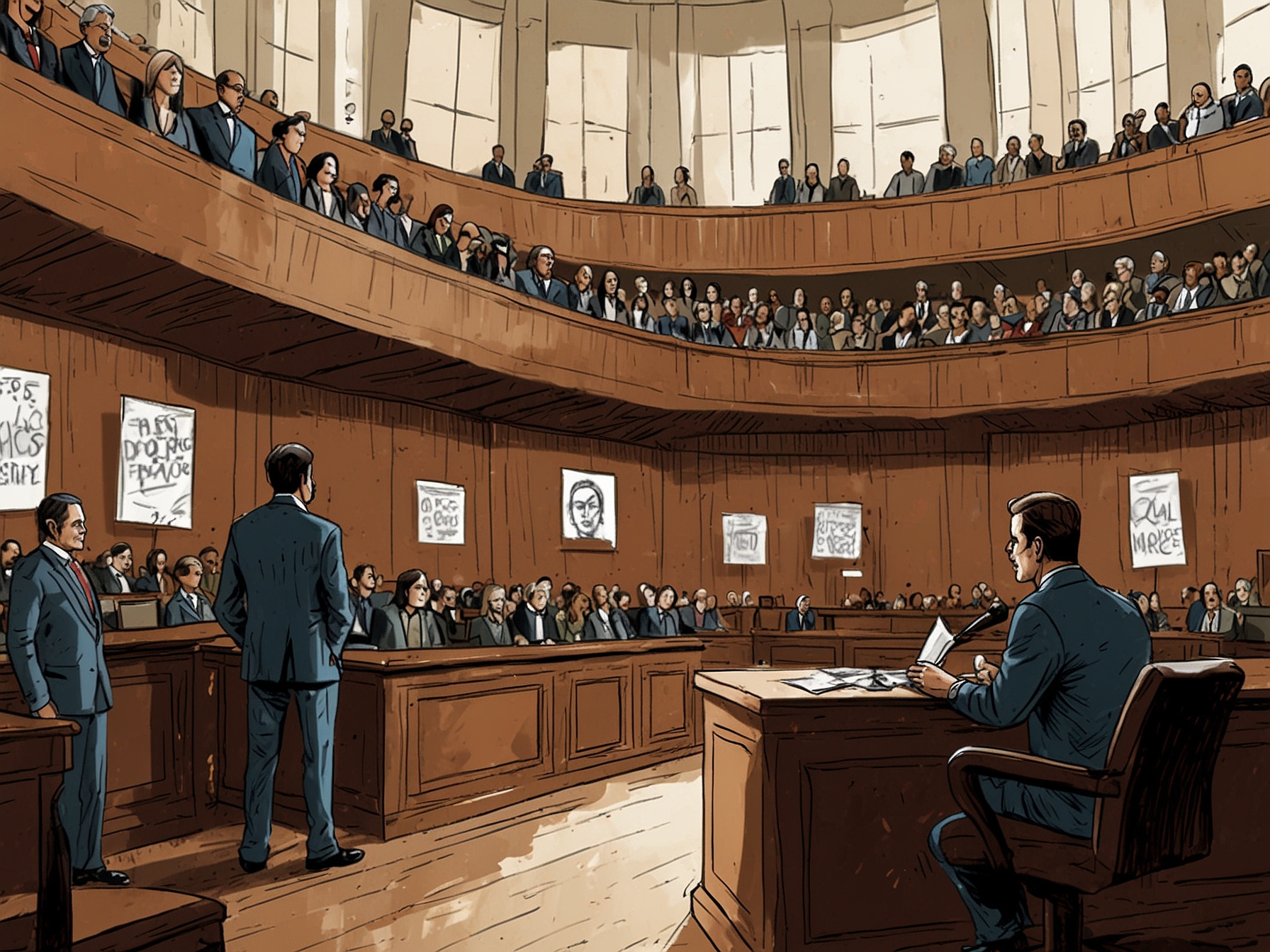
President of the PT, Gleisi Hoffmann, along with her party colleagues, articulates deep concerns. They argue that the proposed law could embolden extremist groups. Their plea to shelve the project is tied to a larger narrative of ensuring national peace and democratic integrity.
Last week, five individuals were apprehended in a federal operation. This operation was focused on a plot against top officials, including President Luiz Inácio Lula da Silva himself. The timing of these arrests lends gravity to the PT’s argument against the proposed amnesty.
For the deputies, the very idea of granting forgiveness feels inappropriate. The proposal appears to overlook the severity of the crimes committed. This isn’t just a disagreement; it’s about the essence of democracy in Brazil, they argue.
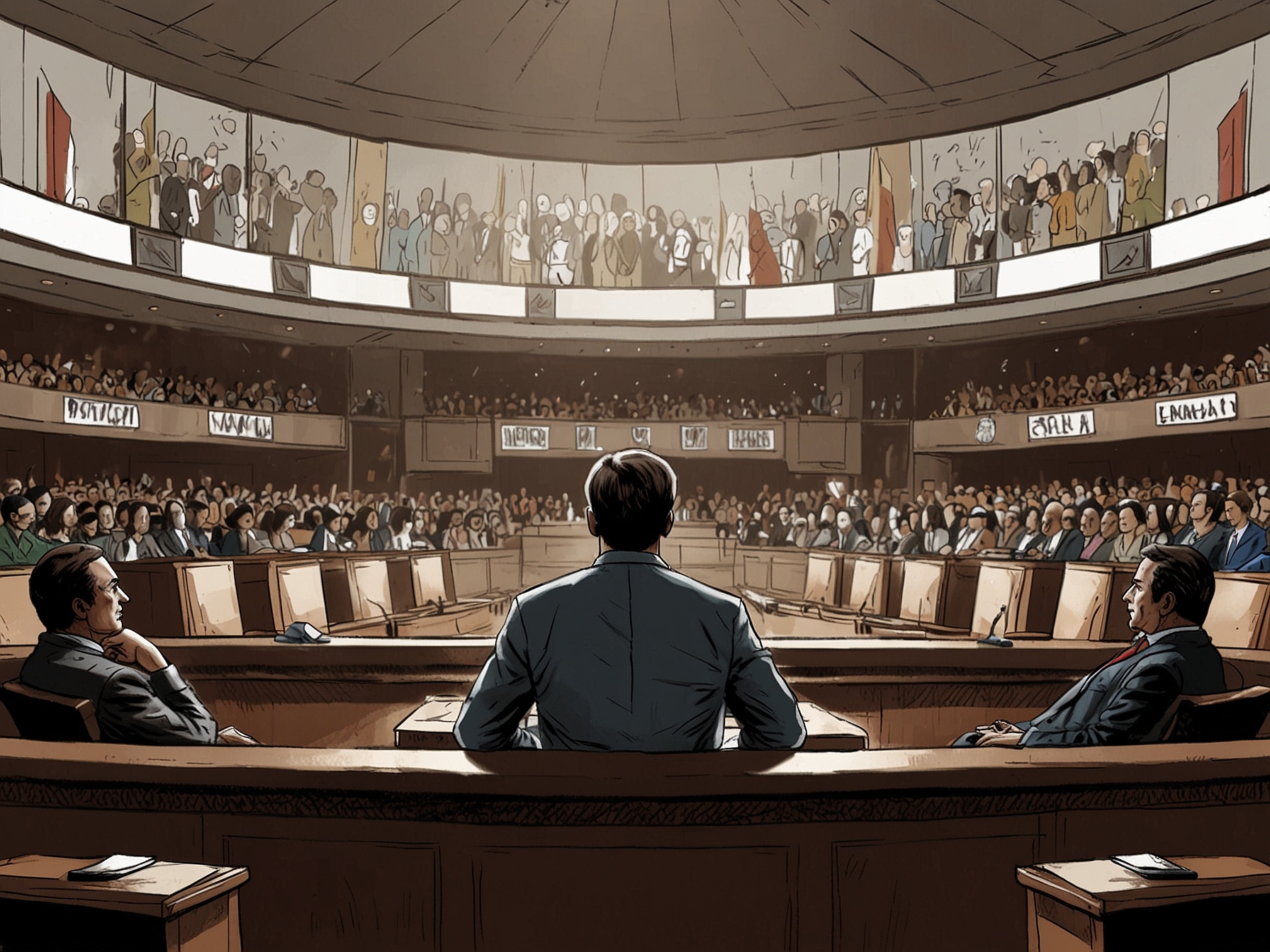
The bomb attacks and the ensuing arrest of individuals involved in plotting further threats show an unsettling reality. The PT maintains that an amnesty law can send the wrong message to those with extremist leanings. It could even inadvertently create a climate that encourages more such violent acts.
The proposed legislation aims to forgive all who participated in the January 8th protests. These protests were marked by chaos and destruction. They represented a rejection of Lula’s presidency and were a direct affront to democratic processes.
Discussion surrounding the proposal reveals deep fissures within Brazilian society. Supporters believe that an amnesty can help heal divisions, while opponents contend it could erode the democratic fabric. Should criminals be rewarded with forgiveness for illegal acts that threatened constitutional order?
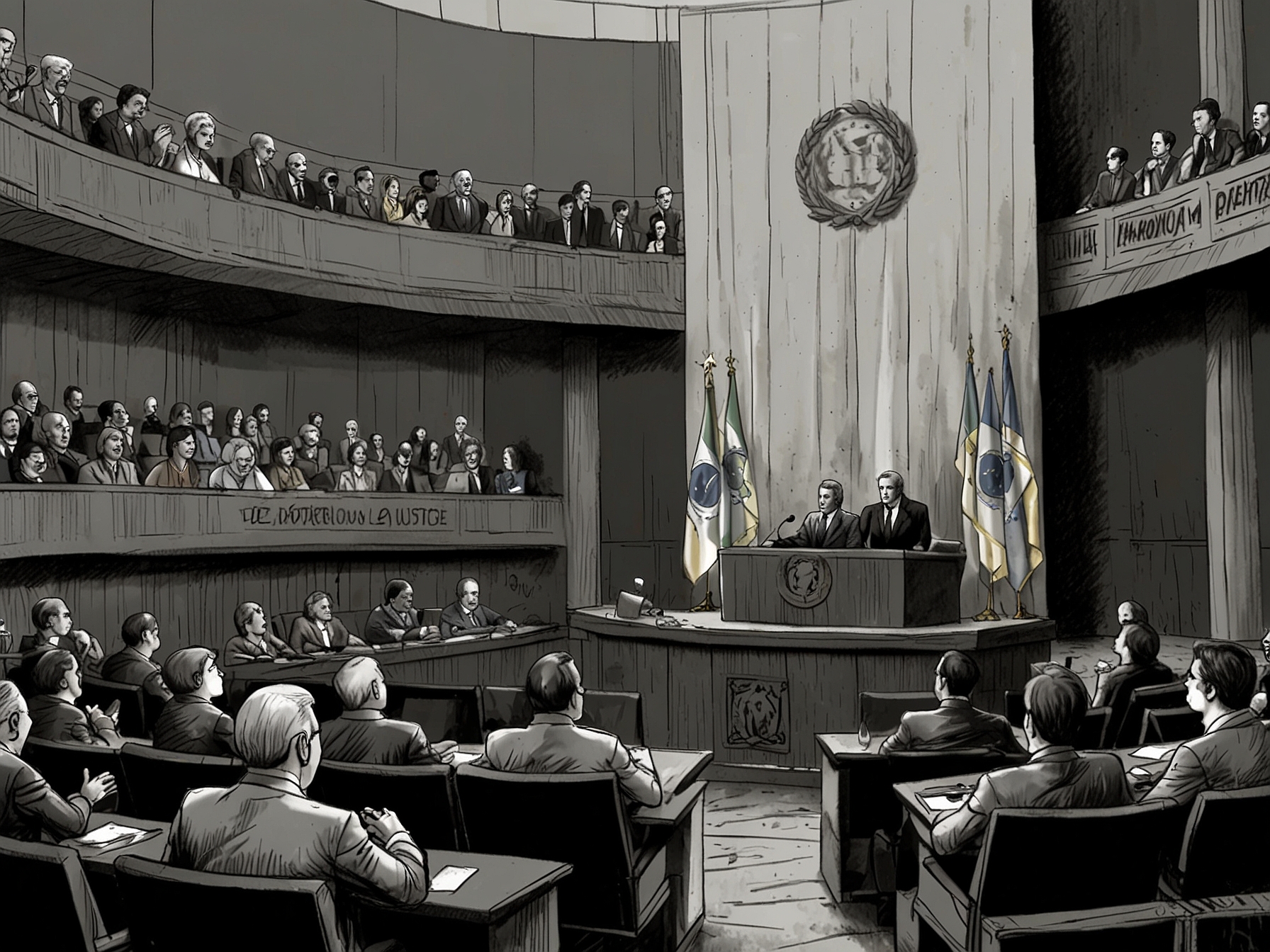
Moreover, the legal technicalities of the proposal are more complex than they appear. Some argue that it might conflict with Brazil’s constitution. Would it effectively legalize acts that go against state authority? This question looms large over the ongoing discussion.
Interestingly, the fear that amnesty could benefit those like Francisco Wanderley Luiz has been voiced. This man was responsible for bombings in the capital. Yet his motivations may align with a broader movement resisting the current government, raising questions about leniency towards such actions.
The amnesty bill has yet to move from the committee stage. The lack of urgency in forming necessary committees has sparked frustration among advocates for legal reforms. Without a clear path forward, the future of this proposed legislation hangs in the balance.
In Brazil, humor and political satire often intermingle. In the past, caricatures of politicians have served as social commentary on sensitive subjects. Who would become the next target of ridicule, should this law pass? This question adds a layer of complexity to an already intense dialogue.
Ultimately, the fate of the amnesty proposal will be determined by political maneuvering and public sentiment. As discussions unfold, many Brazilians remain uncertain. What does true reconciliation look like in the wake of such turmoil, and how can a nation find common ground?
In conclusion, the amnesty proposal represents more than legislation; it’s a litmus test for Brazil’s commitment to democracy. The balance between justice and forgiveness will continue to spark debate. Ultimately, it challenges every stakeholder in the nation to examine their values.

